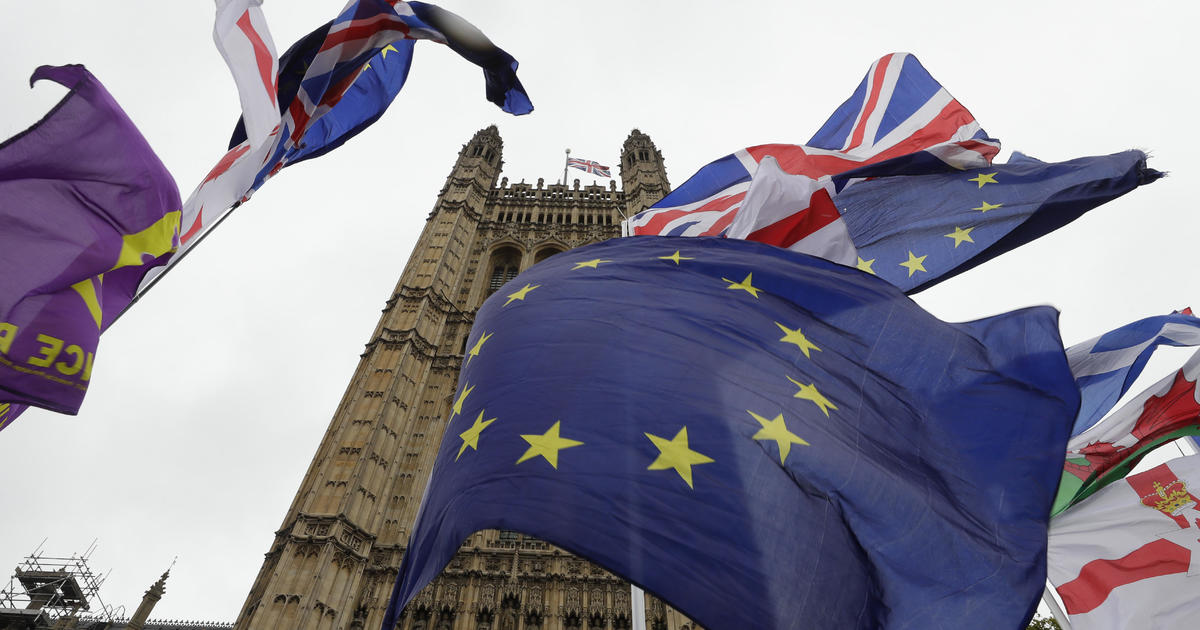
London — Tonight, the United Kingdom will officially leave the European Union. But what will actually happen after ?
Transition period
At 11:00 p.m. in London (midnight at EU headquarters in Brussels), a one-year “transition period” will officially begin — or at least the 11 months left of the year. During that time Britain’s economic relationship with the European Union will remain largely the same as before Brexit. However, the U.K. will no longer be a member of any of the EU’s political agencies or institutions (like the European Parliament).
British Prime Minister Boris Johnson has said the year-long transition period will not be extended, but the European Commission has cautioned that it may be too little time to allow for all the negotiations that need to take place.
Trade
The U.K. and the EU have 11 months to negotiate their future trade relationship. Currently, as a member of the EU, Britain has tariff-free access to the EU customs union and single market, meaning it can sell its goods in Europe without restrictions and its citizens can live and work in any EU country without visas, and visa versa. That arrangement will end when the transition period does.
The U.K. wants as unfettered access as possible to EU market, long its biggest trading partner, but does not want to abide by EU rules to get that. The EU, on the other hand, wants the United Kingdom to adhere to its standards if it wants to maintain anything near tariff-free access. If a new arrangement can’t be worked out before the transition period ends, tariffs could come into effect and trade between Britain and Europe could be severely impacted.
At the moment the U.K. leaves the EU, it will be able to negotiate free trade deals on its own behalf with other countries around the world, including the United States. Whatever arrangements are made won’t come into effect, however, until the end of the transition period in 2020.
Justice and security
Though the U.K. will no longer be a member of EU political agencies or institutions, it will continue to follow EU rules during the transition period, and will also still have to abide by the rulings of the European Court of Justice for those 11 months.
Data sharing, law enforcement and other security arrangements between the U.K. and the EU will all need to be worked out during the transition period. To what extent Britain and the EU continue to cooperate and share resources will be a major focal point of the negotiations.
Other issues that Britain and the European Union will need to resolve before the end of 2020 include the regulation of medicines, aviation safety and standards, and access to fishing waters, which continues to be a contentious point.
Coins and colors
One thing that will happen quickly after Brexit is the color of newly issued British passports will revert to the blue that was first used in 1921. Like most other EU countries, British passports have been burgundy for decades. The new blue ones will be phased in slowly, and the burgundy ones will remain valid until they expire.
New 50 pence coins will be put into circulation starting Friday in the U.K. They will be dated January 31 to commemorate Brexit, and inscribed with the slogan: “Peace, prosperity and friendship with all nations.”

